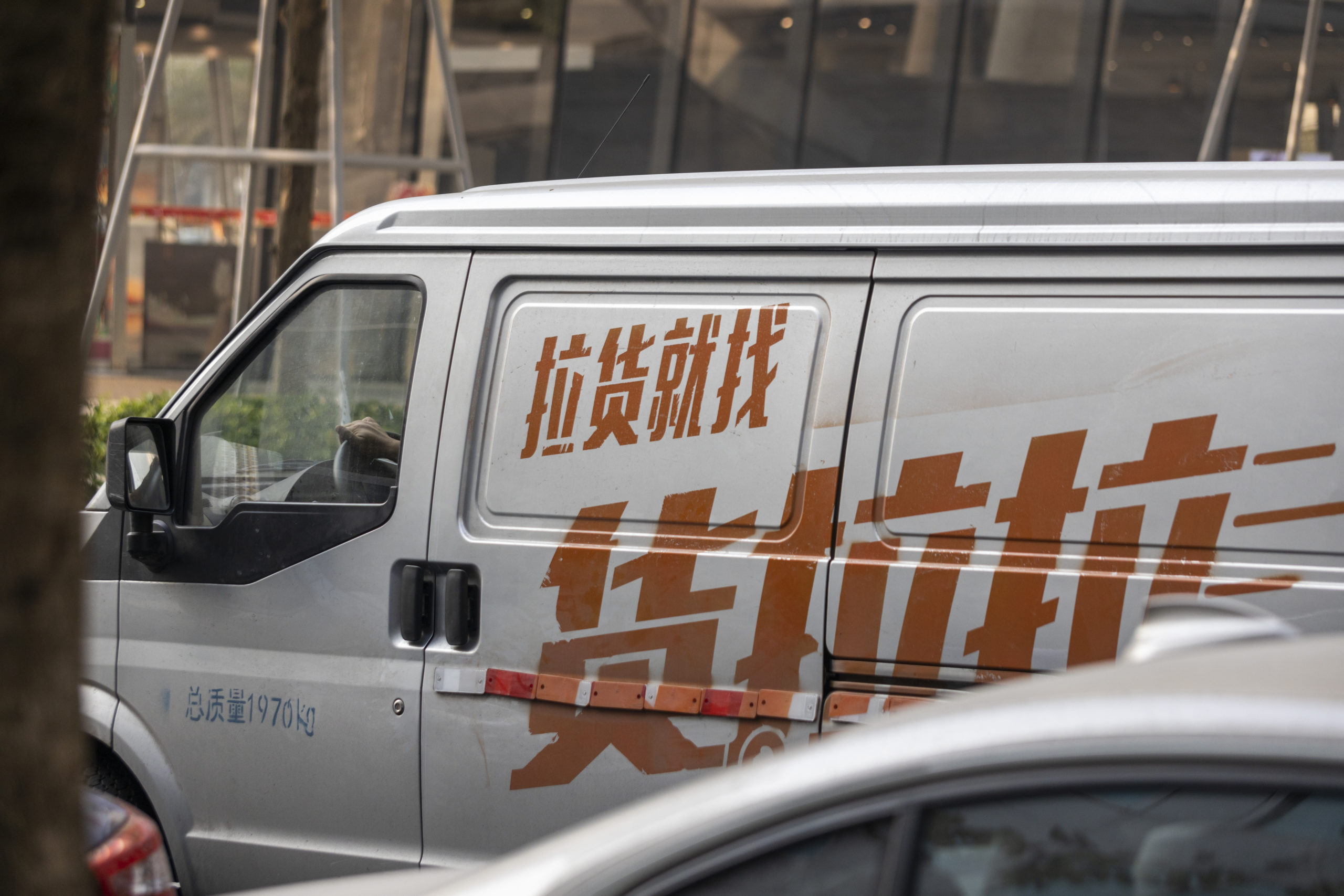Passenger death puts focus on Lalamove’s safety problems and regulatory evasion
Lalamove is a hot Hong Kong-based startup company that provides on-demand moving vans to cities all over China and is valued at around $8 billion. Like Uber and other Silicon Valley companies that have disrupted lives as much as they have disrupted business models, Lalamove has its dark side. But the company is now being called to account.

Lalamove is a traditional logistics firm operating a network of truck drivers. Or Lalamove is a tech startup offering a platform where independent contractors and riders can link up with the use of its app. Or Lalamove is an on-demand moving company providing both moving labor and vehicles.
It depends on which lawsuit or statement you read. The Hong Kong-based company, which is set to raise $1.5 billion in new funding at a valuation of around $10 billion, changes its description of what it does depending on what best allows it to avoid regulatory scrutiny while extending its services and evade liability when their drivers are involved in accidents.
But that’s about to change. This week, following the news about the death of a 23-year-old female passenger who jumped from a Lalamove van she hired to move house on February, the company was hit with revelations of its failures to properly handle customer complaints and provide solutions, and has been forced to confront its safety issues and other problematic practices.
China News Weekly reported (in Chinese) that Lalamove — known Huòlālā 货拉拉 in China — has for years downplayed or straight-up ignored a variety of customer complaints about a variety of issues, including vehicles in poor condition, verbal assaults from drivers, and mishandling of user personal information.
According to a woman surnamed Cheng, a Lalamove driver once hurled sexist insults at her just because she was wearing a mini dress, which was allegedly described by the driver as “a garment for prostitutes.” Another woman surnamed Liu told the publication that after she gave her driver a low rating, he retaliated by leaking her phone number to a group of men on the internet, who harassed her with explicit messages and images. Both women said they lodged complaints with Lalamove, but it didn’t take any action aside from advising them to report the incidents to the police.
In an interview with AI Caijing News (in Chinese), an blog offering analyses about China’s tech industry, a woman recalled her “life-threatening” Lalamove experience earlier this year, where the van was visibly worn out and the driver seemed to have mental health problems. “At one point I was convinced that the driver had some sort of mental disorder. I was on the edge of my seat during the 10-minute ride,” she said.
Several customers told AI Caijing News that they had encountered fraudulent movers on the platform, who charged them many times the amount shown on Lalamove’s app, subjected them to unreasonably long delivery windows, held their items hostage for additional surprise fees, and left them with damaged goods. Some complained that the drivers didn’t match their profiles on the app.
On Heimao Tousu, a consumer service platform owned by Sina, there were over 3,200 complaints regarding Lalamove, most of which concerned fraudulent conduct or unprofessional behavior by its drivers.
On top of all the complaints, AI Caijing News noted that since its launch in 2013, Lalamove has been dealing with a seemingly nonstop barrage of car accidents and lawsuits. In a typical case in 2018, a passenger sued the company after a Lalamove driver was found at fault in an injury-causing accident. In its initial ruling, a court in Shenzhen ordered Lalamove to cover part of the compensation because the driver had no qualification to provide shipping services and his vehicle was not registered — an indication of Lalamove’s inadequate background checks on drivers, the court said.
But the court later walked back its decision after Lalamove’s appeal, in which the company argued that it was merely an agent connecting drivers and passengers, and that because Lalamove drivers were technically independent contractors, not employees, the company could deny liability for crashes involving its drivers.
But despite Lalamove’s fraught history with both its drivers and passengers, a cohort of investors — including high-profile firms Sequoia Capital and Hillhouse Capital — have continued to pump an eye-popping amount of money into the company. Last year, after announcing an ambitious plan to extend its network to more lower-tier Chinese cities, Lalamove raised $515 million in Series E funding, giving it a valuation of around $8 billion valuation.
But the past week has been a reality check for a company that is used to positive attention from deep-pocketed investors, and the company seems to have finally decided to do something about its safety problems. In a statement (in Chinese) released on February 24, Lalamove announced the creation of a “safety overhaul” team led by its founder and CEO Zhōu Shèngfù 周胜馥, who would oversee the implementation of seven measures to improve rider safety, including an audio recording function, stricter background checks on drivers, and swifter responses to “major safety accidents.”
The reckoning is long overdue, according to many internet users in China. “I’m furious that it took someone’s life to make Lalamove realize that it needs to do something. But I would give it props for announcing concrete plans. It gave me hope,” a Weibo user wrote (in Chinese). However, others said that they had already lost trust in Lalamove, and that trust would never be regained. “Your apology is not accepted. Too late,” wrote another person.






